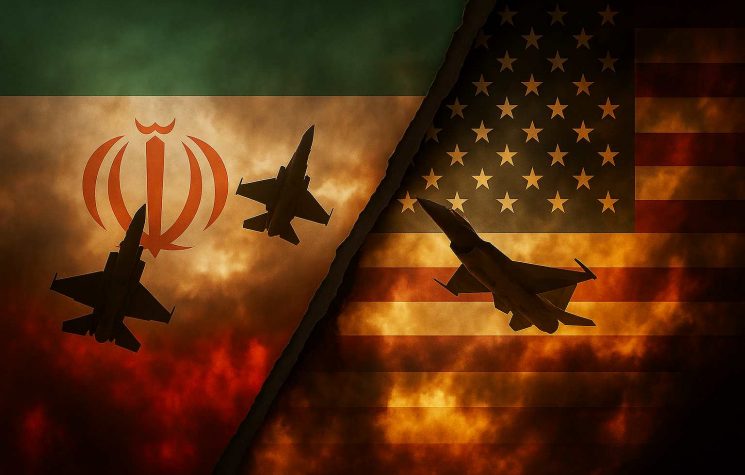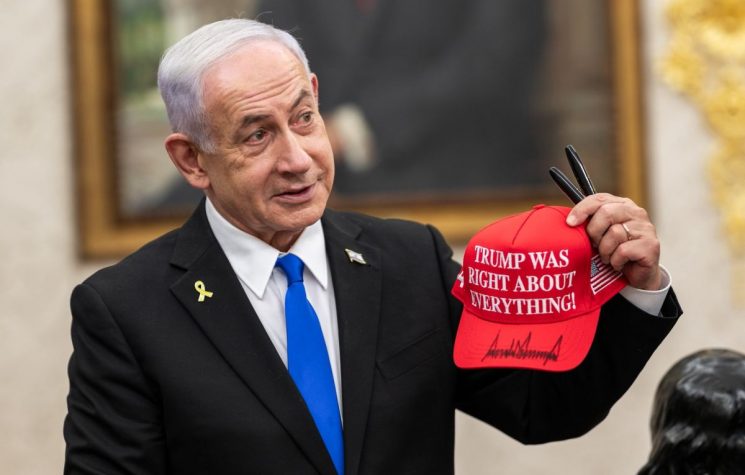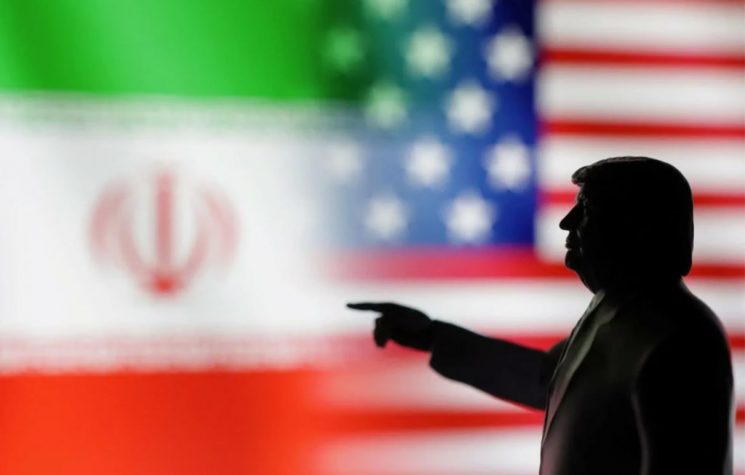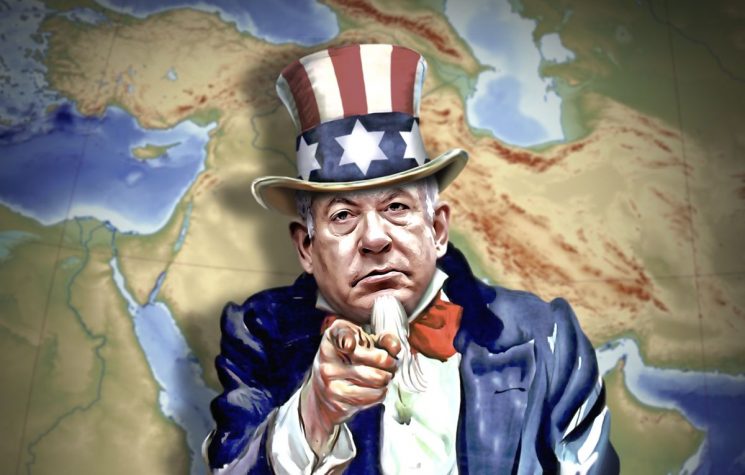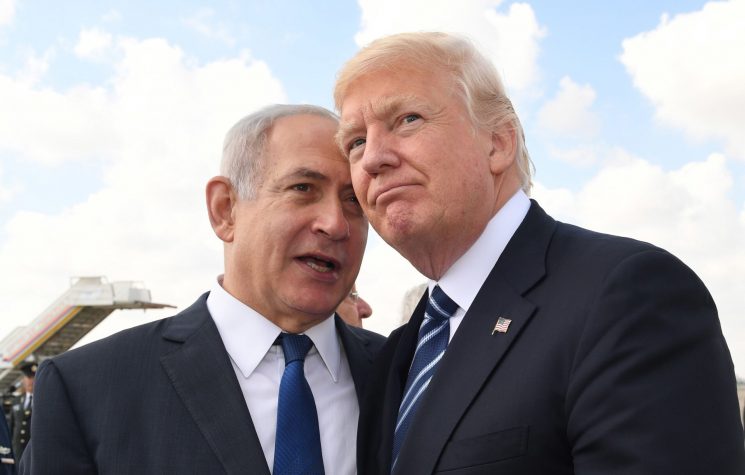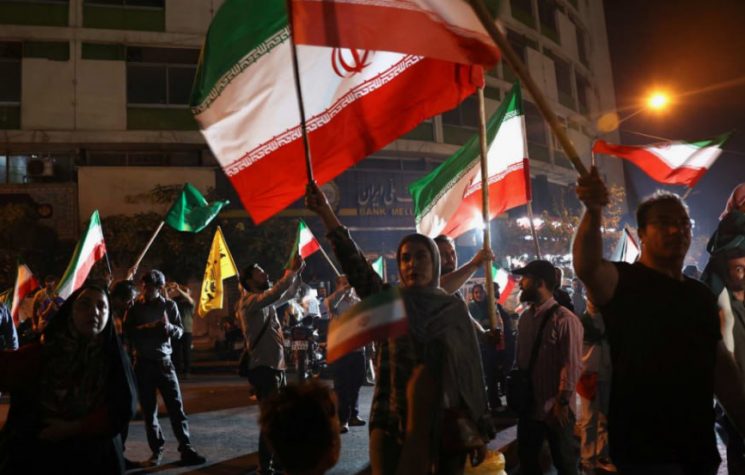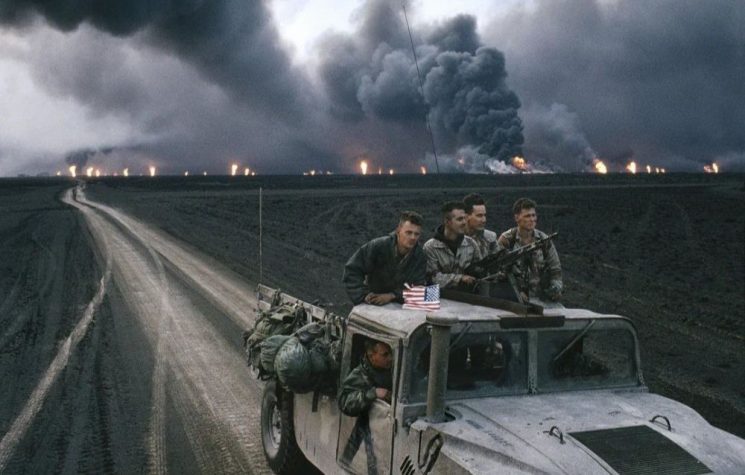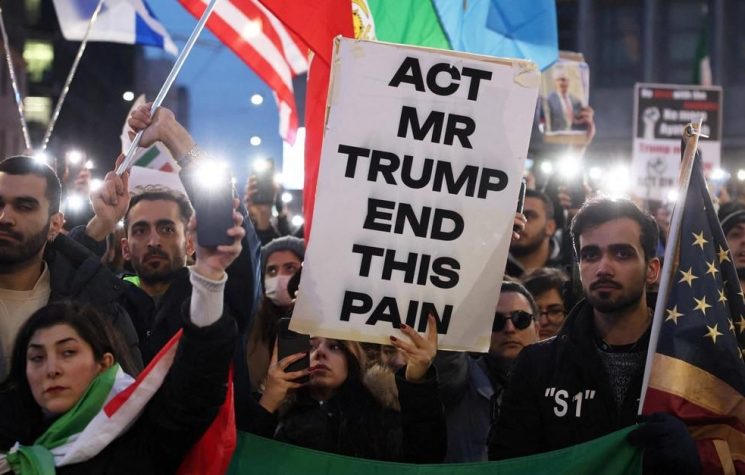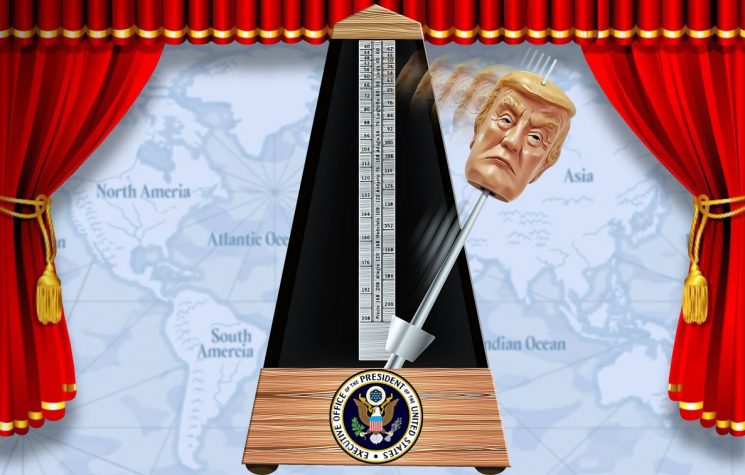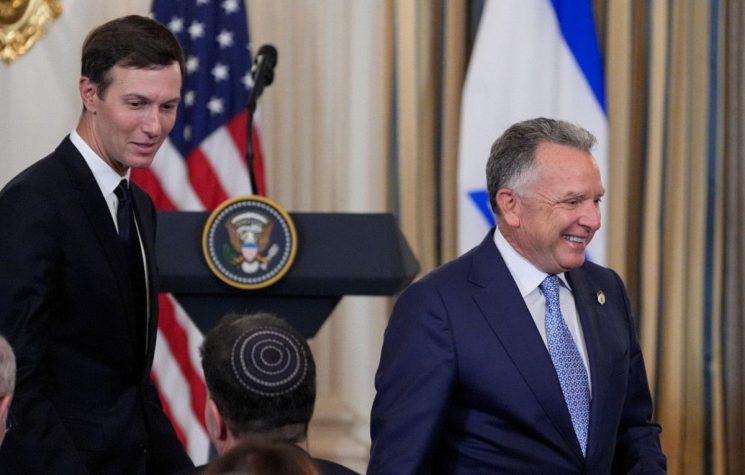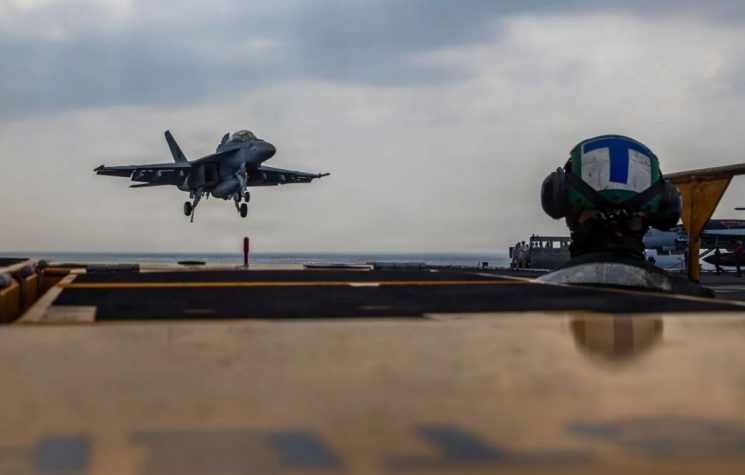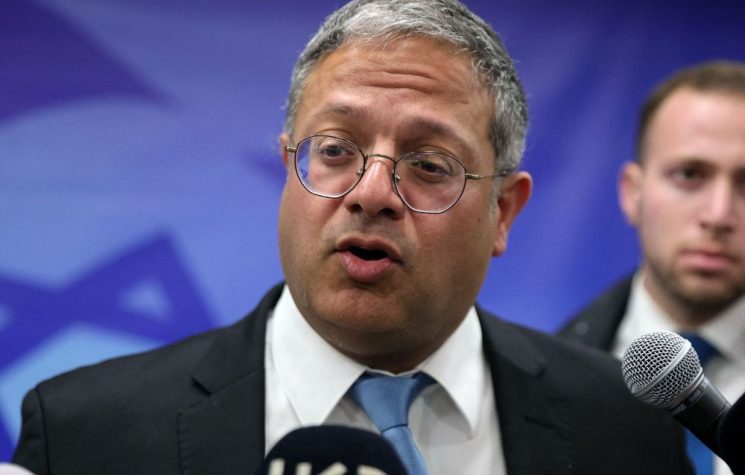Trump is now in a tighter corner than ever about trying to bring peace to the region.
Join us on Telegram![]() , Twitter
, Twitter![]() , and VK
, and VK![]() .
.
Contact us: info@strategic-culture.su
Israel has carried out a “pre-emptive” strike against Iran’s military infrastructure – both its nuclear facilities and its ballistic missile installations in a move which has shocked the world, given that it will now raise tensions in the Middle East to a new level.
The move will also raise tensions between Donald Trump and Benjamin Netanyahu as the U.S. president has expressly told the Israeli leader not to go ahead with such an attack in the middle of talks between the U.S. and Iran over its nuclear program. Trump pulled out of an agreement between western powers and Iran in his first term as president and has been working on establishing a second deal which is a considerable improvement on the first one, in his view.
The Israel strike now throws a spanner in the works and could draw the U.S. in to a major all-out war with Iran, given America’s allegiance to Israel.
Trump acknowledged that Israeli Prime Minister Benjamin Netanyahu was considering a strike, which he said could spark a “massive conflict” – leading to a U.S. decision to draw down embassy staff in the region.
“We are fairly close to a pretty good agreement,” Trump told reporters just a day before leading analysts to assume that Netanyahu’s bold move was in defiance of the U.S. president.
For months Israel has been frustrated by Trump’s insistence on his own administration organizing a series of talks to try and strike a deal which would ensure that Iran could not produce nuclear weapons – which Israel insists Tehran is now capable of doing in perhaps even a matter of months.
Yet intelligence that Israel received would suggest that Netanyahu might have learned that Iran itself was planning a similar pre-emptive strike.
A new round of talks between the U.S. and Iran set to kick off in Oman now seems unlikely to happen given the tensions, now with the regime in Tehran examining the damage and the number of senior army officials killed in the attack. It is inconceivable to imagine that Iran will not be looking at a retaliation against Israel and perhaps even western assets in the region such as oil infrastructure in Gulf Arab countries, although the Trump administration was quick to deliver a statement advising it not to hit U.S. soldiers stationed there.
For Trump, he is now in a tighter corner than ever about trying to bring peace to the region. He will now have to try and navigate himself and his PR efforts around the fact that Israel can openly defy his directives. He needs now to show that he is in control of Israel and its geo-military ventures while at the same time preventing escalation – a tough call given his limited diplomatic skills.
And yet ironically it is Trump who created these tensions in the first place.
Trump unilaterally withdrew from the so-called “Iran Deal” during his first term, insisting that he could strike a better bargain, and imposed sweeping sanctions. Yet, if he hadn’t have done that, Iran would not have gone ahead immediately in 2018 and raced ahead with a beefed-up uranium enrichment program which has led to the fever pitch tensions today given their new capacity to make a bomb. If Trump had not ditched the Obama deal, Iran would have considerably less enriched uranium today and a much longer “breakout” period before it could ever make what Israel claims is nine nuclear bombs.
In short, when Trump pulled out of the deal, it resulted in Iran reviving and improving its nuclear facilities and enriched uranium to a much higher purity than it had under the previous deal, and much closer to the grade needed to make a bomb.
It is this egocentric and deluded view of his own presence in negotiating around the world which has now created new, heightened tensions in the region which is precisely the last thing Trump needs as he tries to devalue the dollar while retaining its hegemonic edge around the world.
Iran for its part now is likely to pull out entirely from talks, not so much because of the Israel strikes themselves, but more because of a perennial distrust Tehran has of America. Many of its influential leaders will think that Trump’s statements before the strike that Israel should not go ahead with the attack might have well been staged to smother Trump in a shroud of plausible deniability which is increasingly becoming part of his presidential élan of late. They, along with one or two western sages, will point to the threats Trump made if Iran would not comply to U.S. demands of scaling down its uranium enrichment program, not to mention his denials that he was aware of a recent attack by Ukraine on Russian bombers.
Plausible deniability, the calling card of all regimes in the Middle East, has shifted to the White House under Trump’s leadership and the next critical steps both by Israel and Trump’s administration will be carried out following intelligence reports which will look deeper into whether the U.S. president is genuinely detached from the hip of Israel and its reckless endeavours in the region. If Trump does not act quickly to stop escalation many will assume that he was part of the decision for Israel to go ahead with the strike. If it turns out he really was not involved at all and genuinely was against such a plan, it raises new questions as to who, or what, is actually running U.S. foreign policy. Netanyahu for his part is sitting comfortably with a double hit. He has struck Iran and gained considerable political capital in doing so but has also, with the same move, blown the Iran talks with the U.S. out of the water which is a bigger prize.












